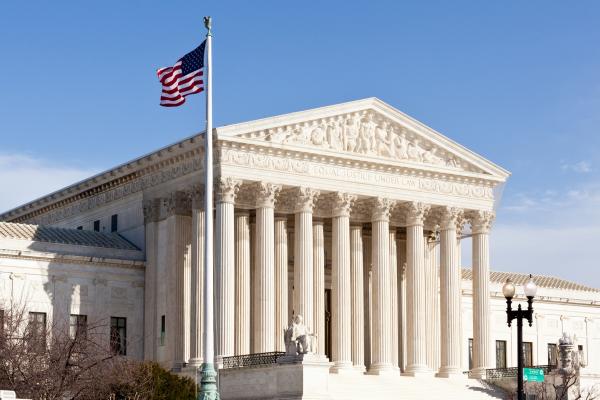Apr 25, 2018
The Supreme Court on Tuesday debated whether new congressional districts drawn up in Texas constitute “racial gerrymandering” because they intentionally dilute the voting blocs of new Latino and black residents, a case that could have a lasting effect on how electoral districts are drawn.
Read the Full Article

Already a subscriber? Login
